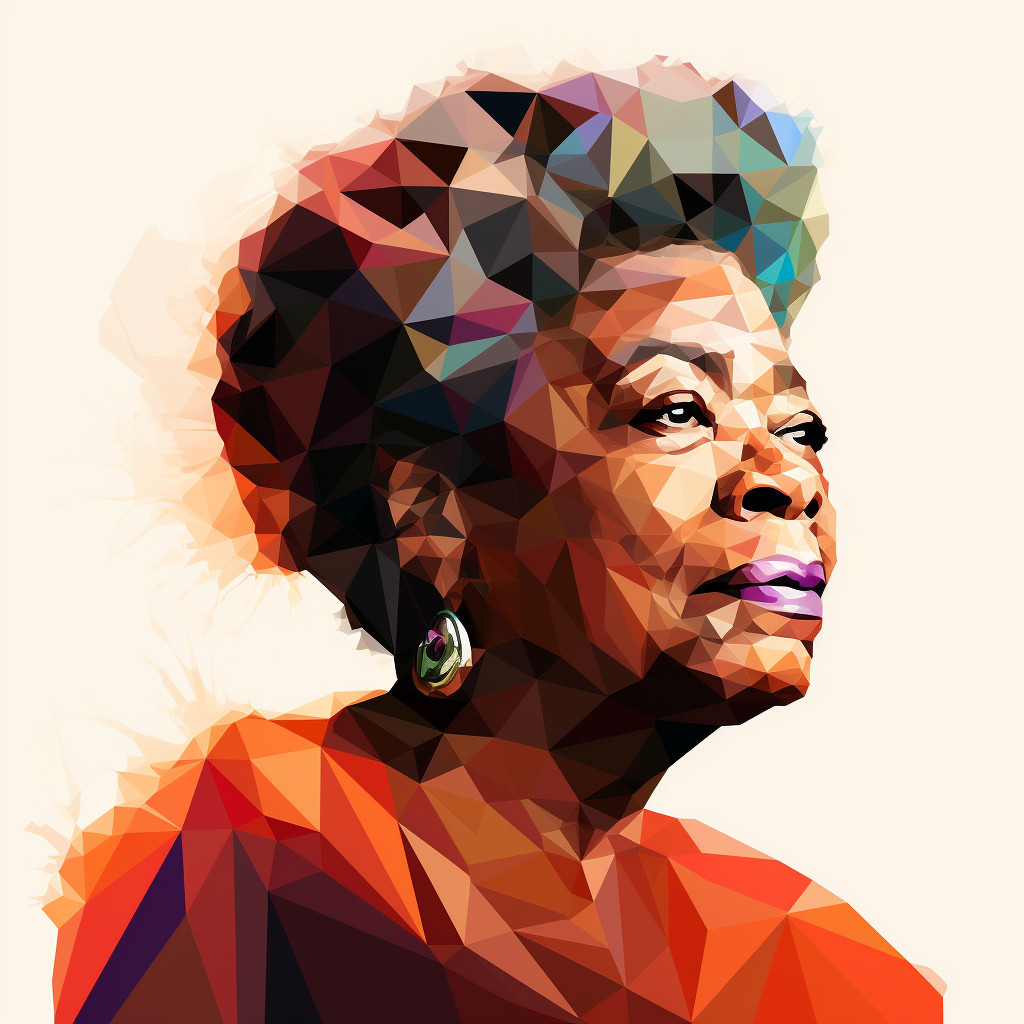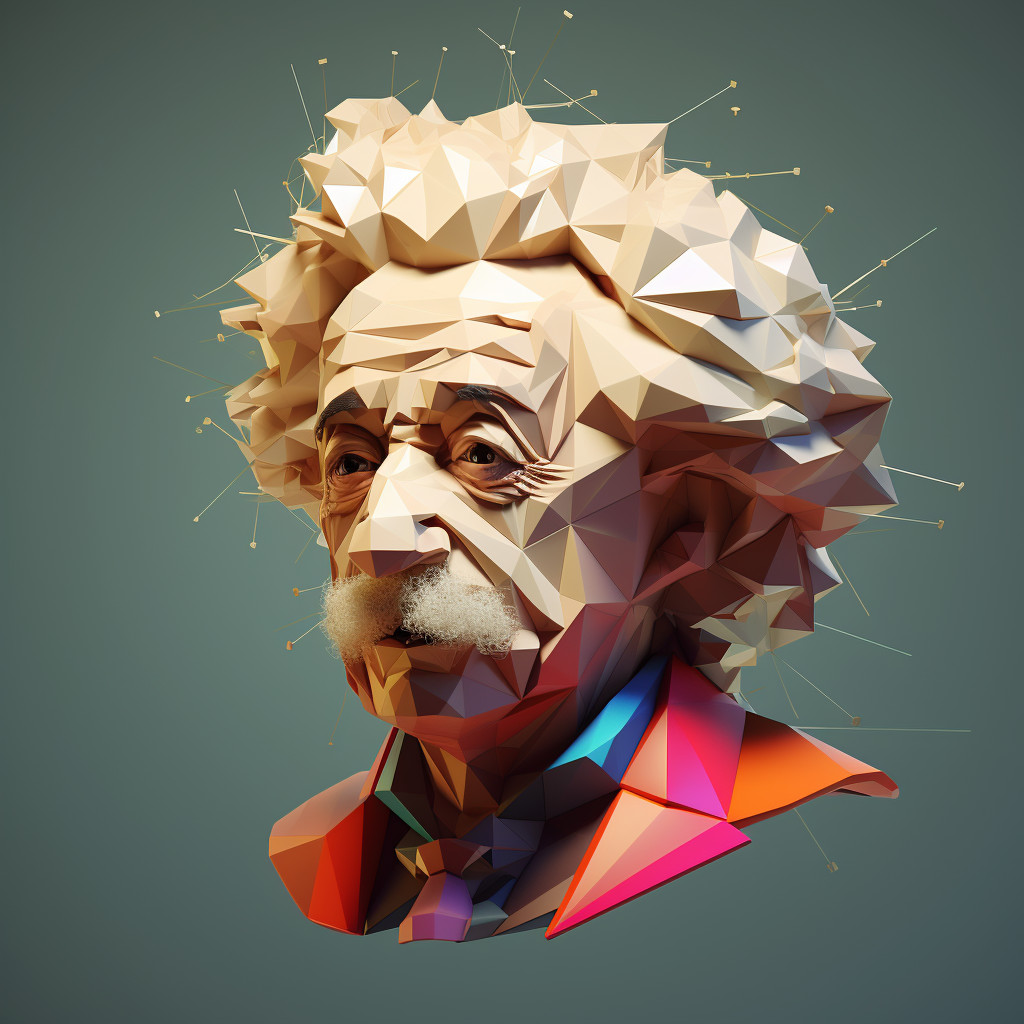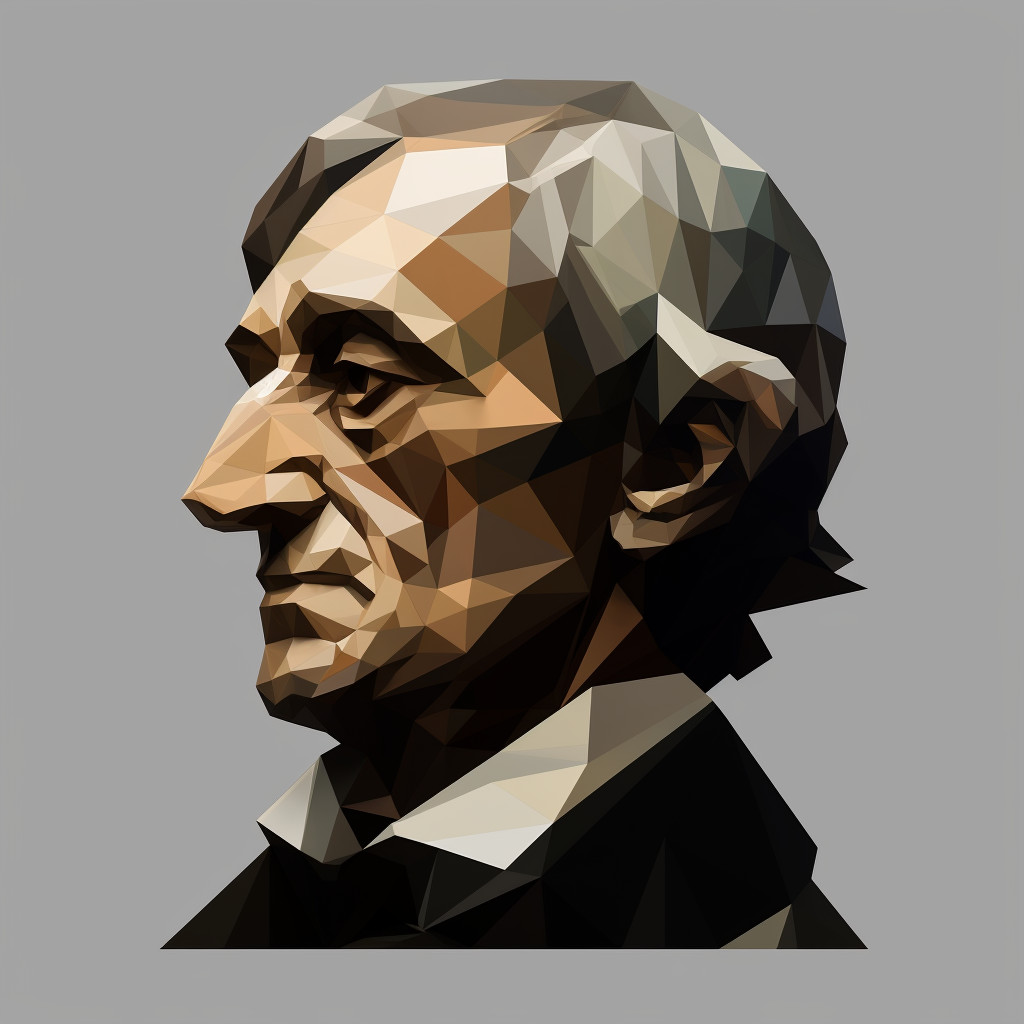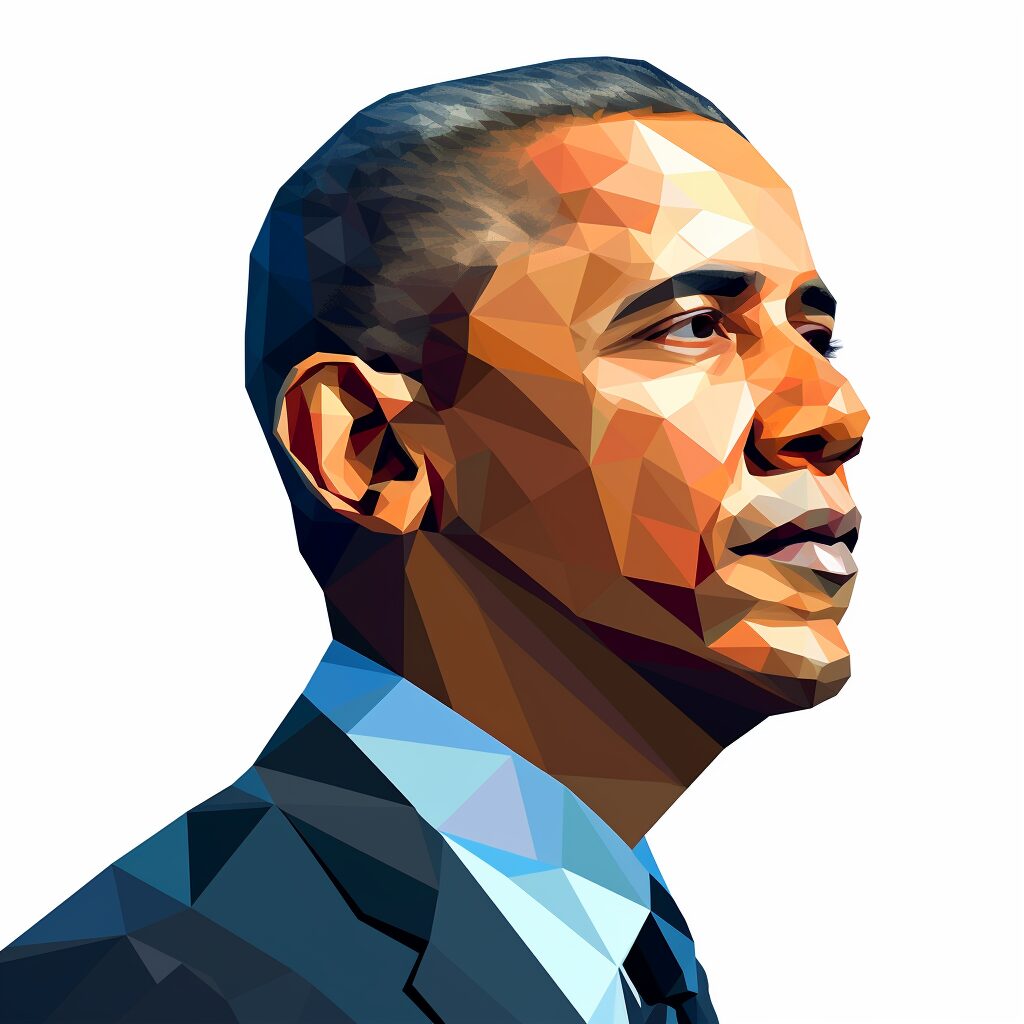'Riddle' Quotes
Riddle quotes have been a part of human culture for centuries, serving as a source of entertainment, wisdom, and inspiration. These short, clever sayings often contain hidden meanings and require critical thinking to decipher. They have been used in various forms, from ancient Greek riddles to moder…Read More
Riddle quotes have been a part of human culture for centuries, serving as a source of entertainment, wisdom, and inspiration. These short, clever sayings often contain hidden meanings and require critical thinking to decipher. They have been used in various forms, from ancient Greek riddles to modern-day social media posts, and have influenced individuals and society in profound ways.In ancient times, riddles were used as a form of entertainment and to test one’s intelligence. They were also used to convey moral lessons and philosophical ideas. In medieval Europe, riddles were popular among the upper class as a way to showcase their wit and intelligence.Throughout history, riddle quotes have been used by famous figures such as Plato, Shakespeare, and Einstein to convey complex ideas in a simple and memorable way. These quotes have stood the test of time and continue to be referenced and shared by people across the globe.Riddle quotes have the power to challenge our thinking, spark our imagination, and inspire us to look at things from a different perspective. They encourage us to think critically and creatively, and to never stop seeking answers. In a world where information is readily available, riddle quotes remind us to slow down and think deeply about the world around us.In conclusion, riddle quotes have played a significant role in shaping human culture and continue to do so today. They have entertained, educated, and inspired individuals and society for centuries, and their impact will continue to be felt for generations to come.Read Less
Riddle quotes have been a part of human culture for centuries, serving as a source of entertainment, wisdom, and inspiration. These short, clever sayings often contain hidden meanings and require critical thinking to decipher. They have been used in various forms, from ancient Greek riddles to modern-day social media posts, and have influenced individuals and society in profound ways.In ancient times, riddles were used as a form of entertainment and to test one’s intelligence. They were also used to convey moral lessons and philosophical ideas. In medieval Europe, riddles were popular among the upper class as a way to showcase their wit and intelligence.Throughout history, riddle quotes have been used by famous figures such as Plato, Shakespeare, and Einstein to convey complex ideas in a simple and memorable way. These quotes have stood the test of time and continue to be referenced and shared by people across the globe.Riddle quotes have the power to challenge our thinking, spark our imagination, and inspire us to look at things from a different perspective. They encourage us to think critically and creatively, and to never stop seeking answers. In a world where information is readily available, riddle quotes remind us to slow down and think deeply about the world around us.In conclusion, riddle quotes have played a significant role in shaping human culture and continue to do so today. They have entertained, educated, and inspired individuals and society for centuries, and their impact will continue to be felt for generations to come.
13 Remarkable 'Riddle' Quotations and Sayings
Riddle – Symbolic Value
Riddles have been a part of human culture for centuries, serving as a form of entertainment, education, and even a way to test one’s wit and intelligence. But beyond their surface level purpose, riddles hold a deeper symbolic value that reflects the human experience and our understanding of the world around us.At its core, a riddle is a puzzle or question that requires creative thinking and problem-solving skills to solve. This mirrors the challenges and obstacles we face in life, where we must use our intellect and ingenuity to overcome them. In this way, riddles serve as a metaphor for life itself, reminding us that the journey is just as important as the destination.Furthermore, riddles often contain hidden meanings and symbolism, making them a powerful tool for conveying complex ideas and concepts. They can be used to teach moral lessons, convey cultural beliefs, and even serve as a form of social commentary. This symbolic value of riddles is what makes them such a timeless and universal form of communication.
Riddle – Cultural and Historical Significance
Riddles have a rich cultural and historical significance, dating back to ancient civilizations such as the Egyptians, Greeks, and Romans. In these societies, riddles were used as a form of entertainment and as a way to pass down cultural knowledge and traditions to future generations.In many cultures, riddles were also seen as a way to test one’s intelligence and wit. In ancient Greece, for example, riddles were a popular form of entertainment at dinner parties, where guests would compete to solve the most challenging riddles. This tradition continued throughout the Middle Ages and Renaissance, with riddles becoming a popular pastime among the upper classes.
Riddle – Common Themes in Motivational Contexts
In addition to their cultural and historical significance, riddles also have common themes that make them a powerful tool in motivational contexts. Many riddles revolve around the idea of overcoming obstacles and using one’s intelligence and creativity to find solutions. This makes them a popular choice for team-building exercises and problem-solving activities in educational and corporate settings.Moreover, riddles often contain elements of surprise and humor, making them an effective way to engage and motivate individuals. By challenging our minds and making us think outside the box, riddles can inspire us to approach problems in new and innovative ways.
Riddle – Portrayal in Art and Media
Riddles have also been a source of inspiration for artists and writers throughout history. In literature, riddles have been used as a literary device to add depth and complexity to a story. One famous example is the riddle of the Sphinx in Greek mythology, which serves as a test for Oedipus to prove his intelligence.In art, riddles have been depicted in various forms, from paintings and sculptures to illustrations and engravings. One notable example is the painting “The Riddle” by Pre-Raphaelite artist Dante Gabriel Rossetti, which portrays a woman holding a scroll with a riddle written on it.
Riddle – Impact on Understanding of Life and Society
The concept of riddles has had a significant impact on our understanding of life and society. By challenging our minds and encouraging us to think critically, riddles have helped shape our cognitive abilities and problem-solving skills. They have also played a role in preserving cultural traditions and passing down knowledge from one generation to the next.Moreover, riddles have been used as a form of social commentary, shedding light on societal issues and challenging the status quo. In this way, riddles have the power to spark critical thinking and promote social change.In conclusion, riddles hold a deep symbolic value that reflects the human experience and our understanding of the world. From their cultural and historical significance to their portrayal in art and media, riddles have played a significant role in shaping our understanding of life and society. So the next time you come across a riddle, take a moment to appreciate its deeper meaning and the impact it has had on our collective consciousness.

















